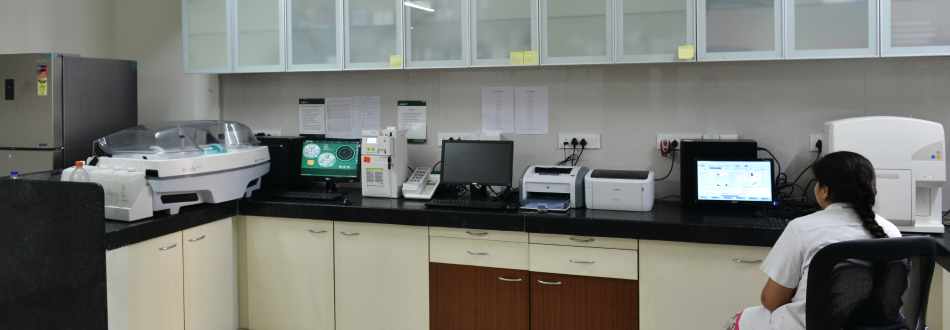-
Messagecare@cuhindia.com
-
LocationCentral United Hospital
- Appointment


Pathology has been characterized as “that branch of medicine which treats the essential nature of the disease.” “Pathology” is at times abused to mean infection as “he didn’t discover any pathology” (which means he found no proof of sickness). A restorative specialist that spends significant time in pathology is known as a pathologist. Pathologists are specialists at deciphering tiny perspectives of body tissues. We give indicative pathology benefits in a wide assortment of territories, with the most present-day advances accessible and exceptionally prepared pros and subspecialists who are perceived broadly and globally for their aptitude. We are committed to the need of understanding the premise of infection, encourage learning to others and apply our comprehension to enhance medicinal finding and treatment of patients.
Available 24 hours a day, 365 days a year, the Department of CHU Hospital is one of the largest services of its kind. Our team studies blood, tissue, body fluids and other samples to diagnose and treat children’s diseases. Our Pathology section is handled by highly dedicated and experienced staff who are committed to their maximum in order to yield quality work and errorless results.
Pathology is a study, cause and progression of a disease. Almost every patient of CUH is dealing with the pathology services somehow. Whenever you give your blood, urine, stool or even tissue, those are analyzed by the pathologists or a scientist, most commonly known as biomedical scientist or clinical scientist. They look for any kind of abnormalities in the sample provided to them. These tests eventually help the doctors to identify the disease at an earlier stage and prevent a fatal condition.
In order to find treatments for cancer and Inherited conditions, pathology plays an inevitable role. There are different specialist sections on pathology like, hematology, chemical pathology, medical microbiology, forensic pathology (looks for the reason behind someone’s death), medical microbiology, histopathology etc.